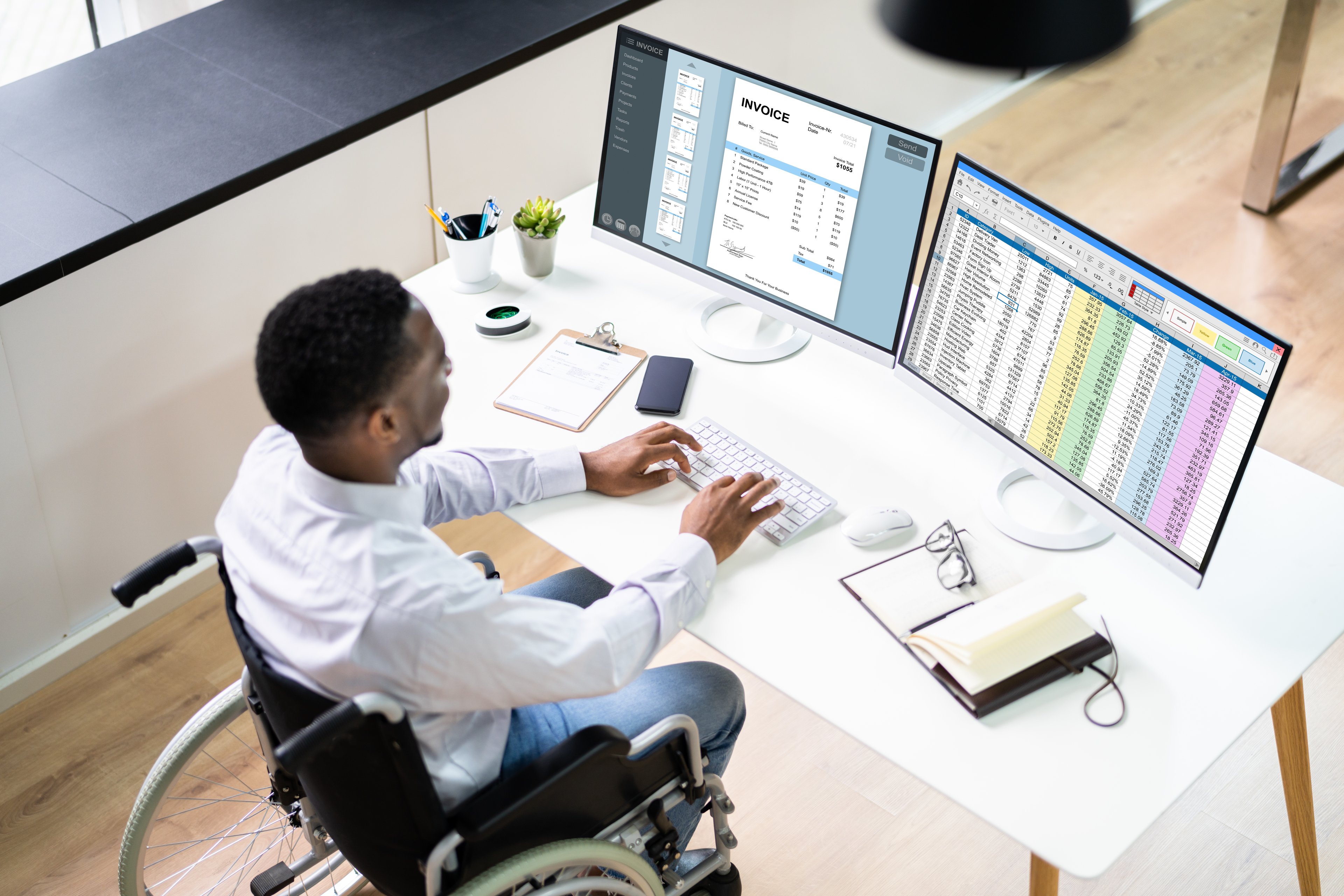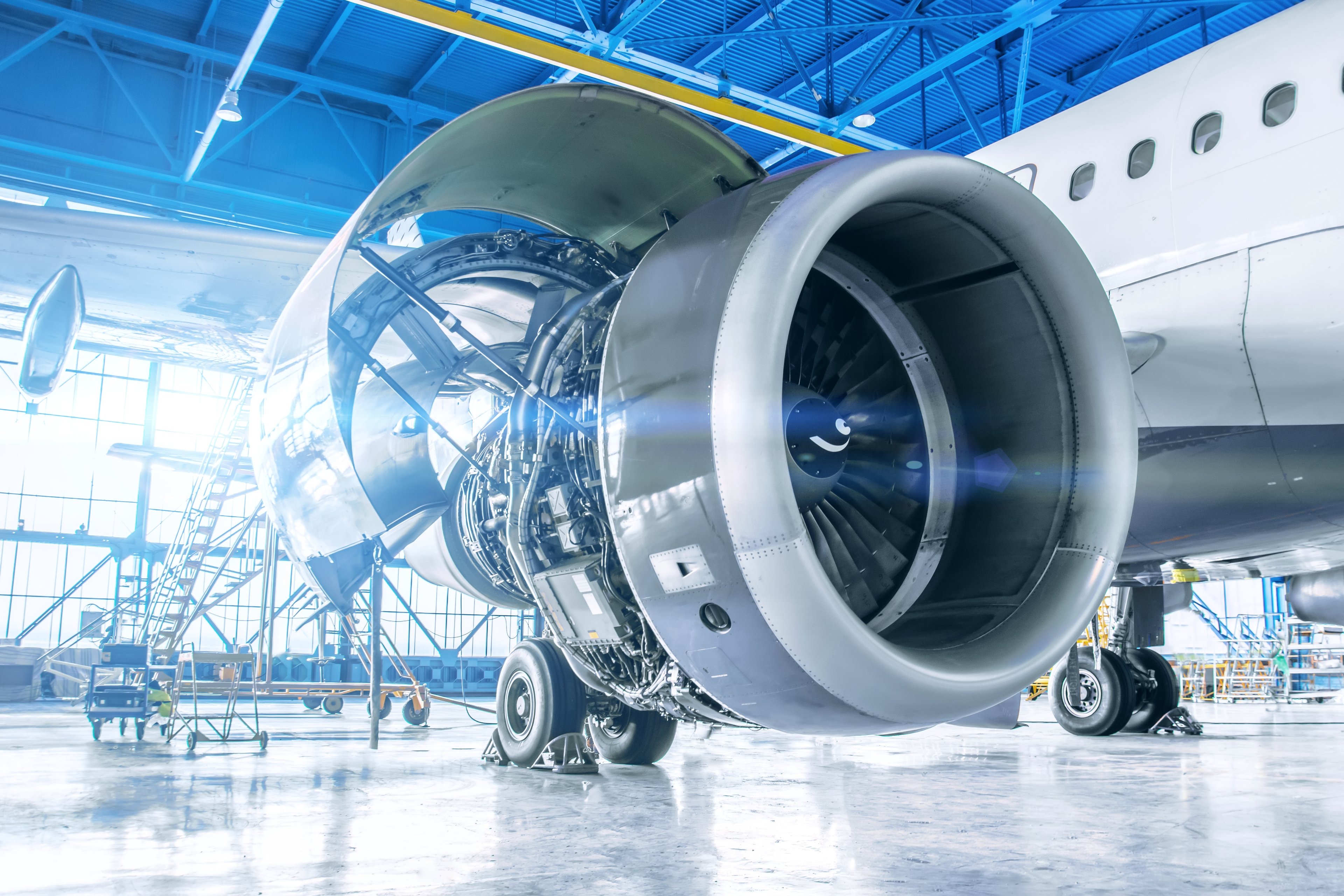What happened
Shares of Heico (HEI +1.05%) gained 15% in May, according to data provided by S&P Global Market Intelligence, after the aerospace supplier delivered quarterly results that show it is holding up better than most during the COVID-19 pandemic.
So what
Commercial aerospace stocks have been hit hard by the pandemic, with investors fearing that a dramatic slowdown in travel will lead to airlines buying fewer planes and fewer spare parts for years to come. Shares of Boeing have lost half their value in 2020, and many of the company's key suppliers have fallen as well.

Image source: Getty Images.
Heico is feeling the impact of the pandemic, but the company provided reassurance in late May that it would be able to fly through the turbulence. Heico reported quarterly earnings and revenue that came in ahead of expectations, thanks largely to the diversity of its portfolio.
The company's aerospace units saw total revenue fall 18% year over year, but that drop was partially offset by Heico's business selling components for industrial applications. That includes revenue-supplying parts for in-demand medical items like ventilators, and defense platforms that were exempt from the shelter-in-place orders.
Heico did warn that the next earnings report is likely to be worse, as the commercial aerospace business only started to deteriorate in the last 30 days of the quarter. But that's true across the industry, and investors rallied to Heico as a relative safe haven because nearly half of its business is not tied to the airlines.
Now what
Heico management remains upbeat, insisting that because their products help airlines improve fuel efficiency and save money in other ways, they expect their commercial aerospace portfolio to bounce back ahead of the industry.
That remains to be seen, though I do believe companies like Heico that are more focused on the aftermarket, or spare part, business than new planes will likely see a recovery first. As airlines begin to restore flights they are likely to use existing fleets instead of committing to buying new aircraft.
In the meantime, Heico has a pristine balance sheet -- with less than $400 million in net debt -- to either weather the storm or go shopping for bargains. The next few years are going to be difficult for commercial aerospace vendors, but Heico looks like a long-term winner.






